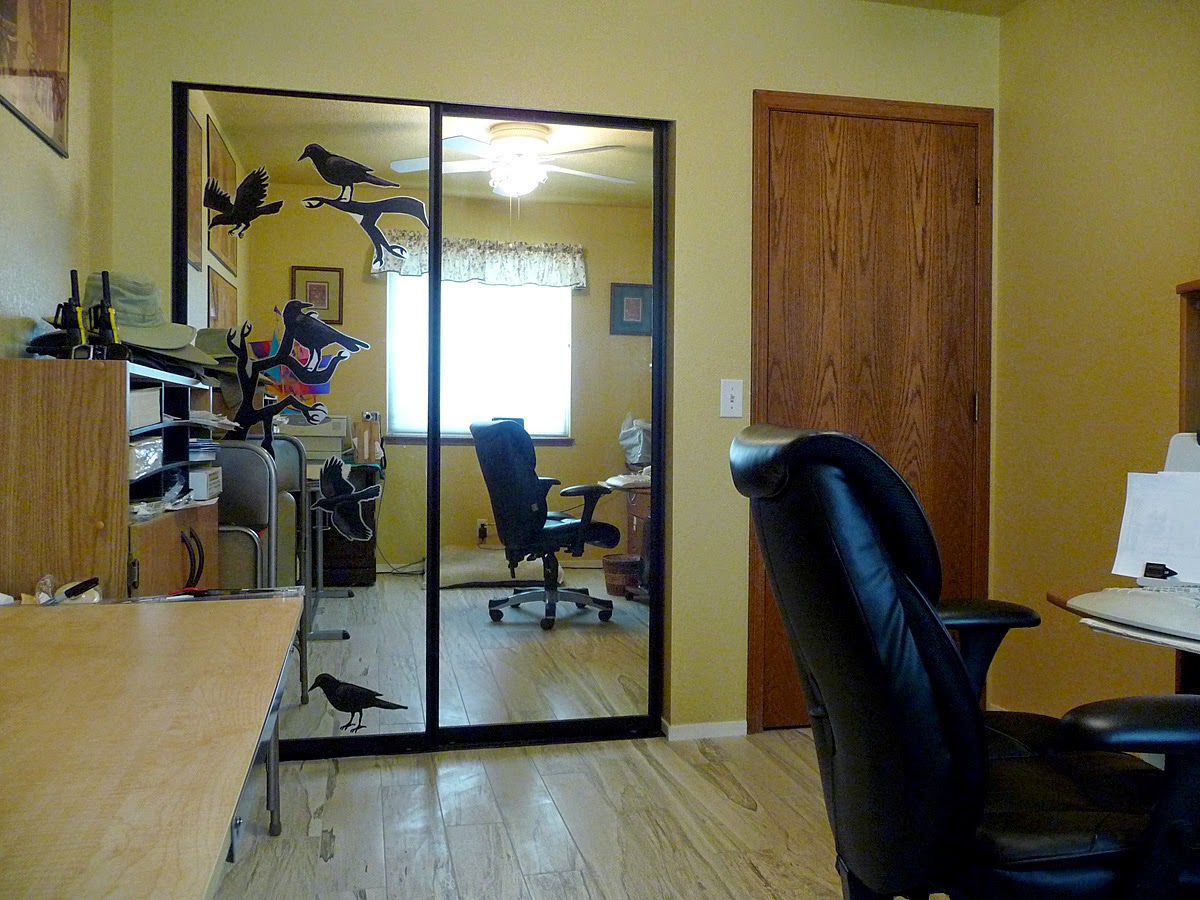 |
| Translating this... |
 |
| ...to this. |
And as artists, we can use these anxieties and translate them into bigger truths. Such as:
1. You are the vessel.
This was probably the most useful tip of all. When John coached his music students on performing, he reminded them they were just a vessel for the music--that the audience wouldn't be focused on them--but on the music itself. It was the the notes, instead of the person playing them, that truly mattered.
And it got me thinking about how nervous I've gotten when putting my writing out there, and worrying about what people will think of me. When all this time, I've only been a vessel for the words that choose to come through my fingers and onto the page. This helps takes the onus off me as a person, and puts it where it belongs--on the story.
Elizabeth Gilbert alluded to this sort of thing during this fabulous TED Talk (it's lengthy, but definitely worth watching):
It's worth mentioning that Elizabeth Gilbert's use of "vessel" (8:41) is different from what I'm implying. I'm treating vessel as a conduit, a way to sail somewhere, rather than the full vat of creativity, or, the boat itself. As writing vessels, we write the words, but they do not necessarily always come directly from us.
2. Establish a routine.
This seems pretty basic, and as writers we hear it a lot, but John took it a bit further in his talk. As in, when his students are preparing for a recital for 7 p.m. on a Friday, he advises that they run through the repertoire at the same time (7 p.m.) on the Monday, Tuesday, Wednesday, and Thursday before the performance. That way, by the time Friday rolls around, the student's brain will be attuned and accustomed to running through the repertoire by the time they have to do it in front of a crowd.
In writing, the equivalent of this is anything potentially big that could happen along the way (meeting with an agent, editor, or perhaps pitching at a conference). So, for example, if you have a pitch appointment with an agent at noon, run through your pitch at noon as many days as you can before that meeting. Then, it will seem like it's old hat.
One final note about routine: even though we often hear that we "should" establish some sort of routine, it can sometimes be easy to brush off as, "Well, that's not my process." I told myself that for years. "I'm not an early riser, so I'll write at night." But recently, one of my MFA writing instructors recommended writing with the "best brain"--which means first thing in the day. And after trying that for the past few weeks, I've realized how much of a positive difference it makes. By getting my writing done in the morning, I get to do the thing I love most first--and then I'm not as resentful of the time taken away by other things throughout the day.
3. The art is in the recovery.
As a former pianist, one of my biggest anxieties was making a mistake during a recital. John admitted that mistakes were inevitable, but he advocated going on anyway. "The art is in the recovery," he said. A bad note may happen--but it's the notes that come afterward that count.
And of course, this can be applied to all stages of writing. Rejections at the query stage--what writers do afterward is what counts. Do they quit? Or do they hunker down at the desk and strive to write something better? Same goes for abysmal sales. What does the writer do next? Give up? Or write the next book?
Mistakes, nerves, and insecurities are inevitable in music, art, writing and life. But if we can learn ways around them, and not make them a hindrance, we'll go farther than we thought possible.
What about you? What are your fears? Where is your focus? When are you at your best? And how does all this translate to your writing?





